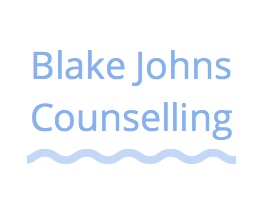Surfing and mental health
Many of the clients I work with find surfing highly beneficial to their mental health. We know it clears our hearts and minds, but how exactly?
Meaning making
Surfing is more than just something we do. For many, it’s a way of life. The definition of surfing occurs on a spectrum and has an abundance of diversity.
For many, surfing has distinct subcultures that provide a reference point for how we relate to ourselves, to others, and to the environment. It creates a place of belonging and shared understanding, of safety and security, of excitement and adventure and wonder. Surfers are part of an ecosystem where we have responsibility to protect and conserve, and humbly be in flow and in equilibrium with greater powers such as the ocean, weather, and sea life.
Surfing develops and sustains a worldview and self-understanding that nurtures and nourishes what’s important to us in life. It supports our sense of empathy and compassion, our connection to our intuition, our ability to regulate our emotions, finding alone time and a communal space to develop sense-making, to establish a better quality of life, decrease immediate and general stress and anxiety, and reconnects us to our values and intentions.
Time and the present
How good is it getting barrelled or even just hitting that point on the wave and trimming, or completely slowing down to just feeling the wave and water beneath your feet! Your sense of time completely shifts. We can feel every moment with an incomparable quality and enjoyable intensity. Moments in surfing changes our relationship with time and supports us to be in the present moment, and in synchronicity with our ecosystem…
Mindfulness
Which leads us into the next point – surfing as a form of mindfulness. Whether it’s feeling the sand between our toes, that first splash into the water, staring into the horizon, or feeling that rail knife perfectly across the face of the wave. Surfing orients us to the present, to our bodies, to place. It gets us out of our heads and into the present moment. We have multiple points of grounding including the sand, the water, the wave and our craft.
A key component to big wave training and extending breath holds is practicing mindfulness. Stress increases cortisol in our bodies and our use of oxygen. Breath hold training starts with mindfulness to release stress, tension, tightness, rigidity and anxiety. Moving into a more relaxed state not only decreases fear/anxiety and oxygen use, but also improves our ability to stay safe and absorb enjoyment. Some of the work I do in therapy draws from breath hold training and breath work.
If you can’t get to a face-to-face breath hold course, check out this online course:


Recent Comments